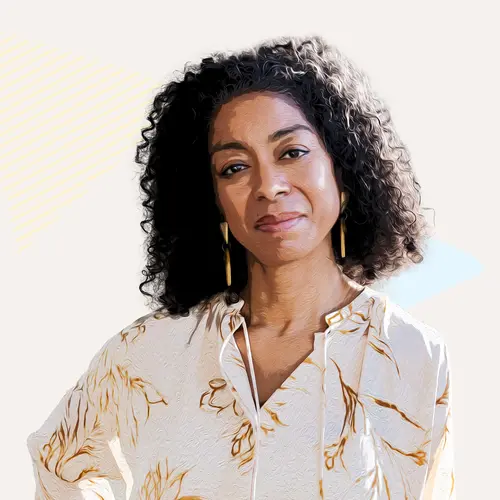If you’ve been diagnosed with ovarian cancer, there’s a chance you also may have one or more other medical conditions. That’s partly because your risk for both ovarian cancer and for other diseases go up as you age. About half the women diagnosed with ovarian cancer are 63 or older.
Common Conditions
Some medical conditions just are found more often in older people. Studies show that women diagnosed with ovarian cancer commonly have:
- High blood pressure; 4 out of 10 women with ovarian cancer already have it
- Diabetes
- Heart disease
How Medical Conditions May Affect Your Ovarian Cancer
Diabetes may raise your risk of dying from ovarian cancer or make the cancer come back faster. Scientists aren’t sure why.
One explanation may be hyperinsulinemia, or too much insulin in your blood. Hyperinsulinemia is common in people with diabetes. Over time, it may turn on processes in your body that make it easier for cancer tumors to grow. High levels of blood glucose, or sugar, also can fuel tumor growth.
On the other hand, research has not found evidence that high blood pressure or heart disease raise the risk of death in women with ovarian cancer. In fact, a large study found that having high blood pressure made it less that a type of ovarian cancer tied to endometriosis would worsen.
Can Ovarian Cancer Raise Risk for Other Conditions?
Ovarian cancer may significantly raise your chances for getting cardiovascular disease. That may be in part because the two diseases share some of the same risk factors. They include smoking and being overweight.
Some treatments for cancer, particularly chemotherapy, also could lead to cardiovascular problems.
Managing Other Conditions When You Have Ovarian Cancer
A medical oncologist is a specialist who is trained to treat your cancer with medications. They usually are the main doctor who manages your ovarian cancer care. But your regular doctor is often the best person to help you prevent or treat other medical conditions.
That’s because your regular doctor is trained not just to help you stay well, but to watch for and to treat overall health. They can evaluate your risk for other conditions and help you manage all your medications.
When you have cancer, it may be hard to focus on the care you need for other conditions. Some research suggests cancer survivors may not always get the care they need for these conditions. Your regular doctor can help find and fill any gaps in the care of your overall health.

